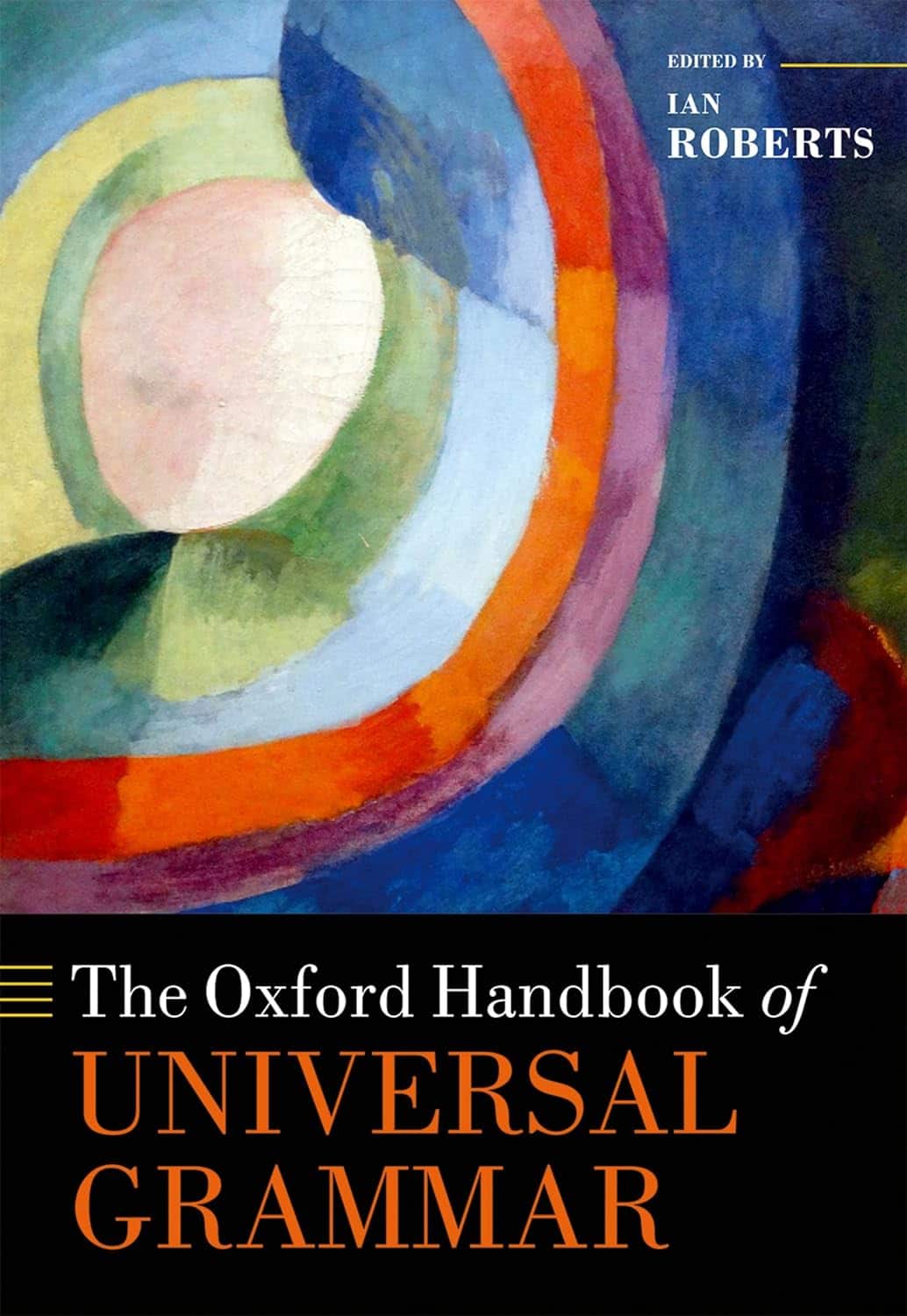Descrição
The idea that all languages show affinities in their organisation, and particularly in grammar, is not a new one. It arguably originates in the thought of Plato and Aristotle, and manifests in medieval scholastic philosophy, in the 17th-century Port-Royal grammarians, and in modern linguistic theory. In modern linguistics, the concept of a universal set of structural principles that underlies the superficial grammatical diversity of the world’s languages has been most influentially developed by Noam Chomsky.
The primary goal of this Handbook is to provide an overview and guide to this aspect of Chomsky’s thinking, to set Chomsky’s ideas in context, to look at their motivation, and to consider their implications.
The Handbook is divided into five parts.
Part I deals with the philosophical questions related to Universal Grammar (UG), Part II deals with general questions of linguistic theory, Part II with language acquisition, Part IV with comparative syntax and Part V with wider issues.

